From ‘rewarding and exciting’ to ‘challenging and overwhelming’: what it means to have a career in intelligence and cyber security

As a physics graduate or an early career researcher looking for a job, you might not think of the UK’s primary intelligence and security agency – Government Communications Headquarters (GCHQ) – as somewhere you might consider. But GCHQ, which covers counter-terrorism, cybersecurity, organized crime and defence support for the UK, hires a vast number of physicists. Indeed, to celebrate the 2025 International Year of Quantum Science and Technology, the agency has hosted many internal talks, informational campaigns and more.
GCHQ works with the Secret Intelligence Service (MI6), MI5, as well as the armed forces, a number of international partners, and firms in the private sector and academia. To find out more about a career at GCHQ – working with cutting-edge technology to identify, analyse and disrupt threats to the UK – Physics World speaks to two people with academic backgrounds who have a long career at the organization. They tell us about the benefits, the difficulties and the complexity of working at an intelligence agency.
Nia is the deputy director for science at GCHQ, where she has worked for the past 15 years. After studying physics at university, she joined GCHQ as a graduate and has since contributed to a wide range of scientific and technological initiatives in support of national security. She is a Fellow of both the Institute of Physics (IOP), which publishes Physics World, and the Institution of Engineering and Technology (IET).
Cheryl leads GCHQ’s adoption of quantum technologies. Following a degree in engineering, her career began as an apprentice at an avionics company. Since then, she has had many roles across research and development at GCHQ and across broader UK government departments, with a focus on understanding and implementing emerging technology. Cheryl is a Fellow of the IET and a Member of the IOP.
When did your interest in science first develop?
Nia My fascination with science was nurtured from a young age, largely inspired by my parents. My mum was a physics teacher, and my dad is a passionate historian with an insatiable curiosity about the world. Growing up in an environment rich with books, experiments, and discussions about how things work – whether exploring astrophysics, geology or ancient Egypt – instilled in me a lifelong desire to understand our universe. My mum’s electronics, mechanics and physics lessons meant there were always breadboards, crocodile clips and even a Van de Graaff generator in the house, transforming learning into an exciting tangible experience.
Cheryl As a child I was always interested in nature and in how things work. I used to build bug farms in the garden and still have my old Observer’s books with the butterflies, etc, ticked off when spotted. Leaning towards my practical side of constantly making things (and foolishly believing my careers teacher that a physics degree would only lead to teaching), I took physics, chemistry and maths A-levels and a degree in engineering.
Could you tell us a bit about your educational background and your career path that led to you work at GCHQ?
Nia I was born and grew up in South Wales and attended a Welsh-language school where I studied physics, maths and chemistry at A-level. I then studied physics at Durham University for four years, before I started working at GCHQ as a graduate. My first role was in an area that is now the National Cyber Security Centre (NCSC). As the cyber security arm of GCHQ, it researches the reliability of semiconductors in national security applications and uses that research to shape policy and security standards. This was great for me as my final year in university was focused on material science and condensed matter physics which came in very useful.
Cheryl My engineering degree apprenticeship was through an aerospace company in Cheltenham, and I worked there afterwards designing test kits for the RAF. It was almost natural that I should at least try a few years at GCHQ as a local employer and I had plans to then move to other R&D labs.
What’s it like to work here – what are some of the stresses of working in this kind of an environment and not being able to discuss your job with friends and family? What are some of the best aspects of working at GCHQ?
Nia Working at GCHQ is rewarding and exciting especially as we look at the most exciting developments in emerging technologies. It can also be challenging especially when navigating the complexities of global security challenges amid an unpredictable geopolitical landscape. There are days when media reports or international events feel overwhelming, but knowing that my work contributes towards safeguarding the UK’s interests today and into the future offers a strong sense of purpose.
The most rewarding aspect, by far, is the people. We have some of the brightest, most dedicated experts – mentors, colleagues, friends – whose commitment inspires me daily. Their support and collaboration make even the most demanding days manageable.
Cheryl At GCHQ I found that I have been able to enjoy several very different “careers” within the organization, including opportunities to travel and to develop diverse skills. This, together with a flexibility to change working patterns to suit stages of family life, has meant I have stayed for most of my career.
I’ve had some amazing and unique opportunities and experiences
Cheryl, GCHQ
I’ve had some amazing and unique opportunities and experiences. In the Cheltenham area it’s accepted that so many people work here and is widely respected that we cannot talk about the detail of what we do.
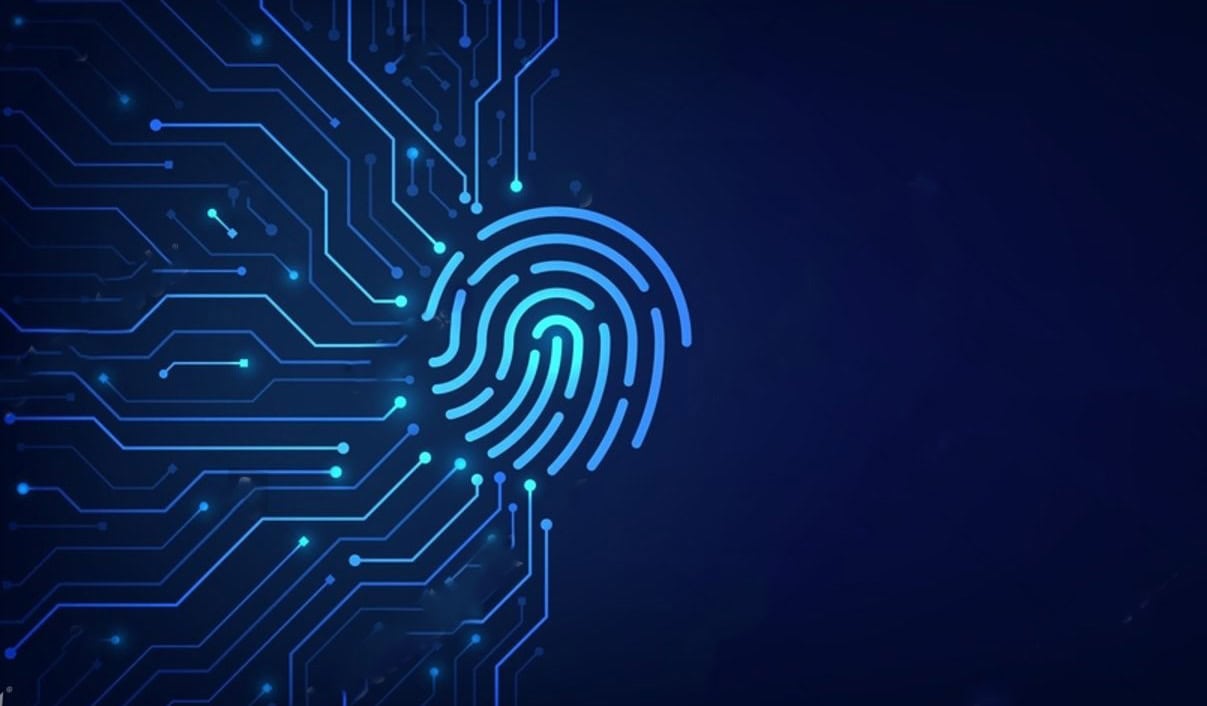
What role does physics and especially quantum science play in what you do? And what role does physics play when it comes to the national security of the UK?
Nia As deputy director of science at GCHQ, my role involves collaborating with experts to understand how emerging technologies, including quantum science, impact national security. Quantum offers extraordinary potential for secure communication and advanced sensing – but it equally threatens to upend existing security protocols if adversaries harness it maliciously. A deep understanding of physics is crucial – not only to spot opportunities but also to anticipate and counter threats.
Quantum science is just one example of how a fundamental understanding of physics and maths gives you the foundations to understand the broad waterfront of emerging technologies coming our way. We work closely with government departments, academia, industry and start-ups to ensure the UK remains at the forefront of this field, shaping a resilient and innovative security ecosystem.
Cheryl I first came across quantum science, technologies and quantum computing around 15 years ago through an emerging technology analysis role in R&D; and I watched and learned keenly as I could see that these would be game changing. Little did I know at the time that I would later be leading our adoption of quantum and just how significant these emerging technologies for sensing, timing and computing would grow to be.
The UK national ecosystem developing around quantum technologies is a great mix of minds from academia, industry and government departments and is one of the most collegiate, inspiring and well-motivated communities that I have interacted with.
For today’s physics graduates who might be interested in a career at GCHQ, what are some of the key skills they require?
Nia Many people will have heard of historic tales of the tap on the shoulder for people to work in intelligence agencies, but as with all other jobs the reality is that people can find out about careers at GCHQ in much the same way they would with any other kind of job.
Maintaining a hunger to learn and adapt is what will set you apart
Nia, GCHQ
I would emphasize qualities like curiosity, problem-solving and resilience as being key. The willingness to roll up your sleeves, a genuine care for collaborative work, and empathy are equally important – particularly because much of what we do is sensitive and demands trust and discretion. Maintaining a hunger to learn and adapt is what will set you apart.
Cheryl We have roles where you will be helping to solve complex problems – doing work you simply won’t find anywhere else. It’s key to have curiosity, an open mind and don’t be put off by the fact you can’t ask too many questions in advance!
What sort of equality, diversity and inclusion initiatives do you have at GCHQ and how are you looking to get more women and minorities working there?
Nia Diversity and inclusion are mission-critical for us at GCHQ, gathering the right mix of minds to find innovative solutions to the toughest of problems. We’re committed to building on our work to better represent the communities we serve, including increasing the number of people from ethnic minority backgrounds and the number of women in senior roles.
Cheryl We are committed to having a workforce that reflects the communities we serve. Our locations in the north-west, in both Manchester and now Lancashire, are part of the mission to find the right mix of minds
What is your advice to today’s physics grads? What is it that you know today that you wish you knew at the start of your career?
Nia One key lesson is that career paths are rarely linear. When starting out, uncertainty can feel daunting, but it’s an opportunity for growth. Embrace challenges and seize opportunities that excite you – whether they seem narrowly related to your studies or not. Every experience contributes to your development. Additionally, don’t underestimate the importance of work–life balance. GCHQ offers a supportive environment – remember, careers are marathons, not sprints. Patience and curiosity will serve you well.
Cheryl It takes multidisciplinary teams to deliver game-changers and new ecosystems. Your initial “career choices” are just a stepping stone from which you can forge your own path and follow your instincts.
The post From ‘rewarding and exciting’ to ‘challenging and overwhelming’: what it means to have a career in intelligence and cyber security appeared first on Physics World.
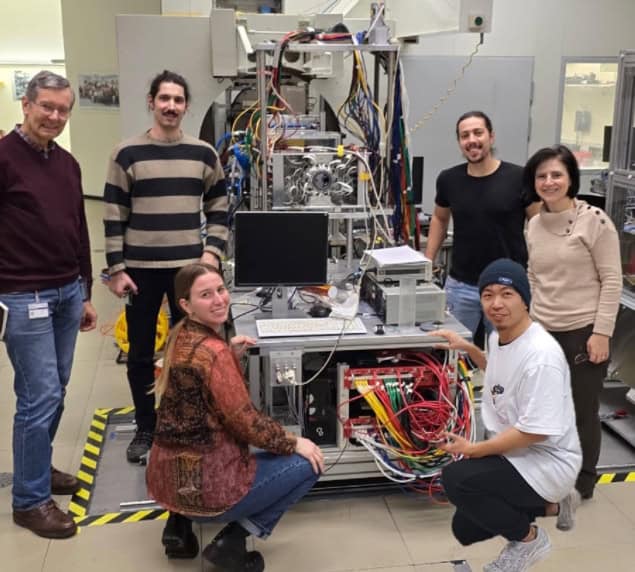

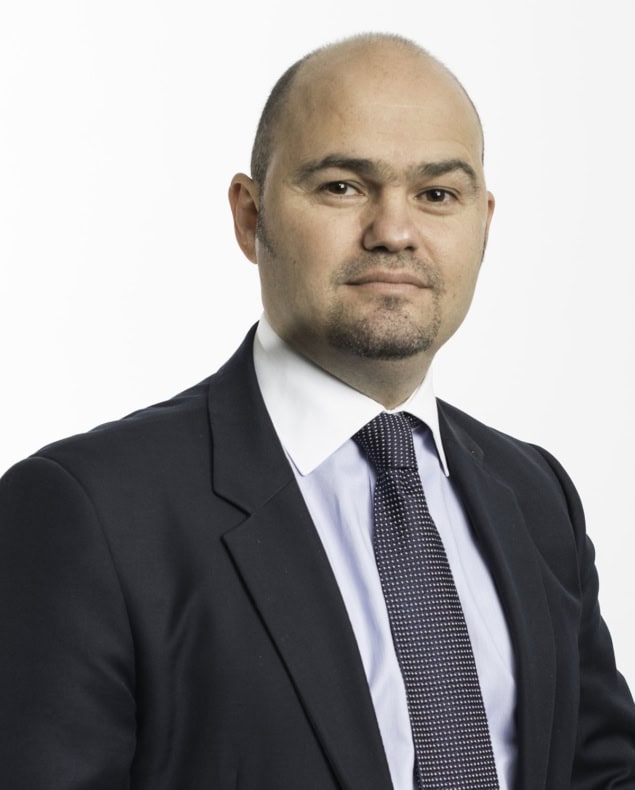
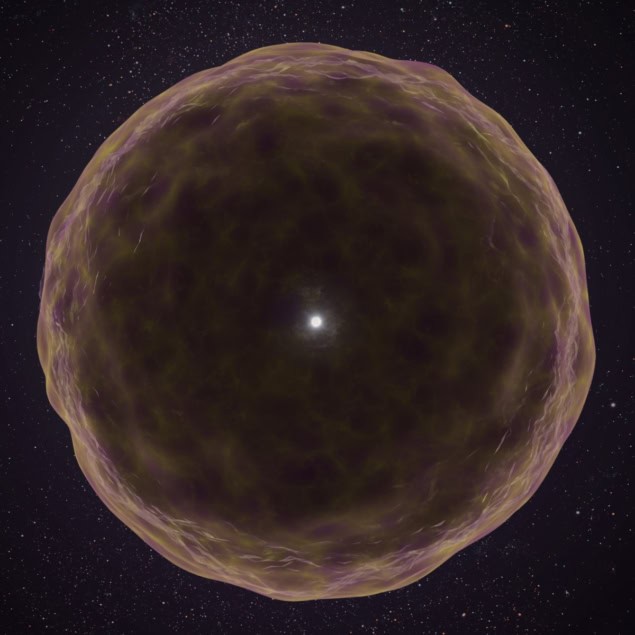
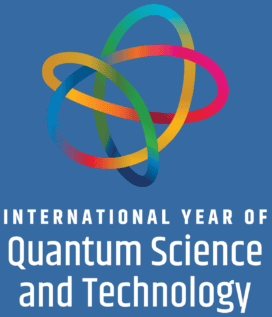
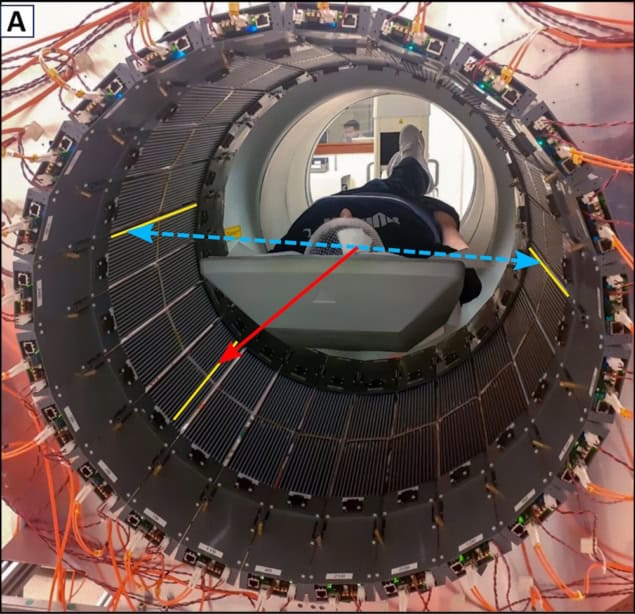
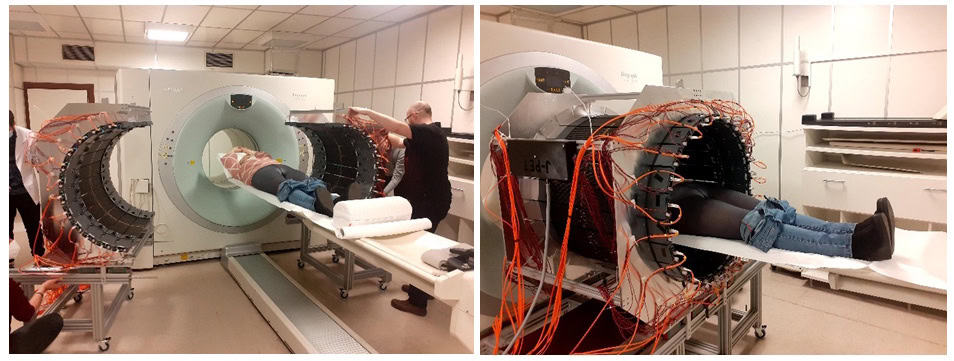
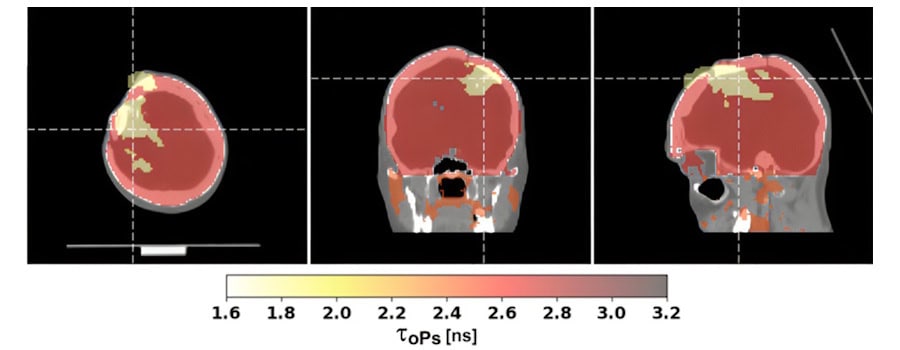
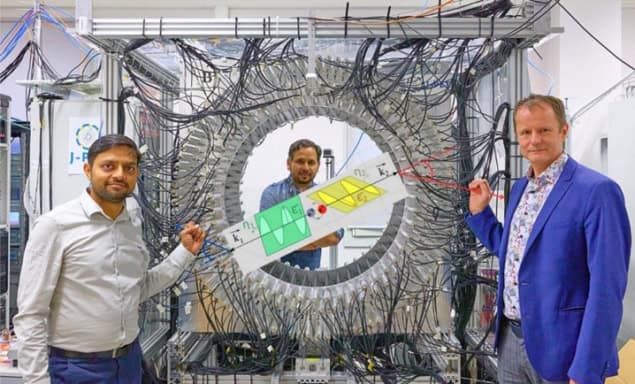
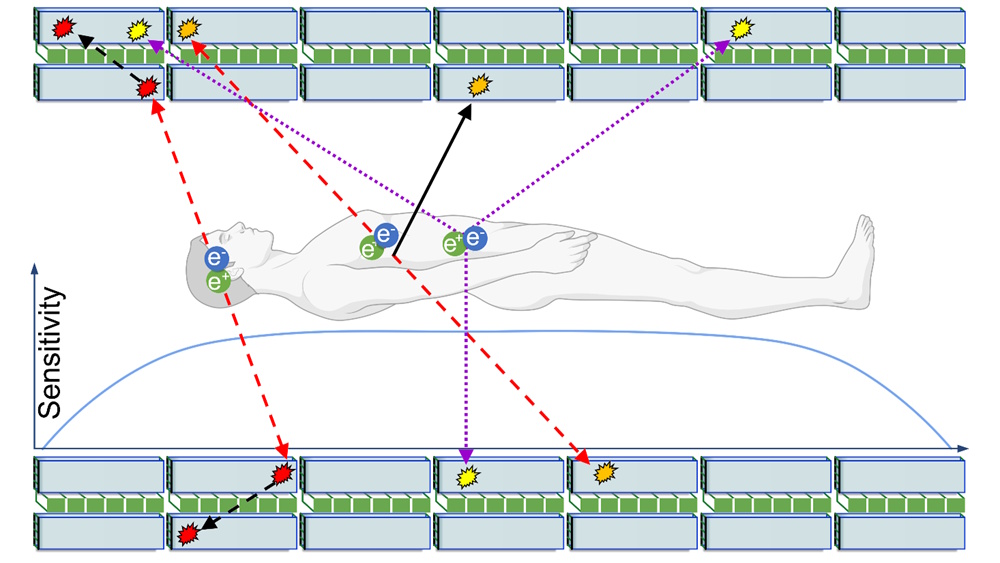

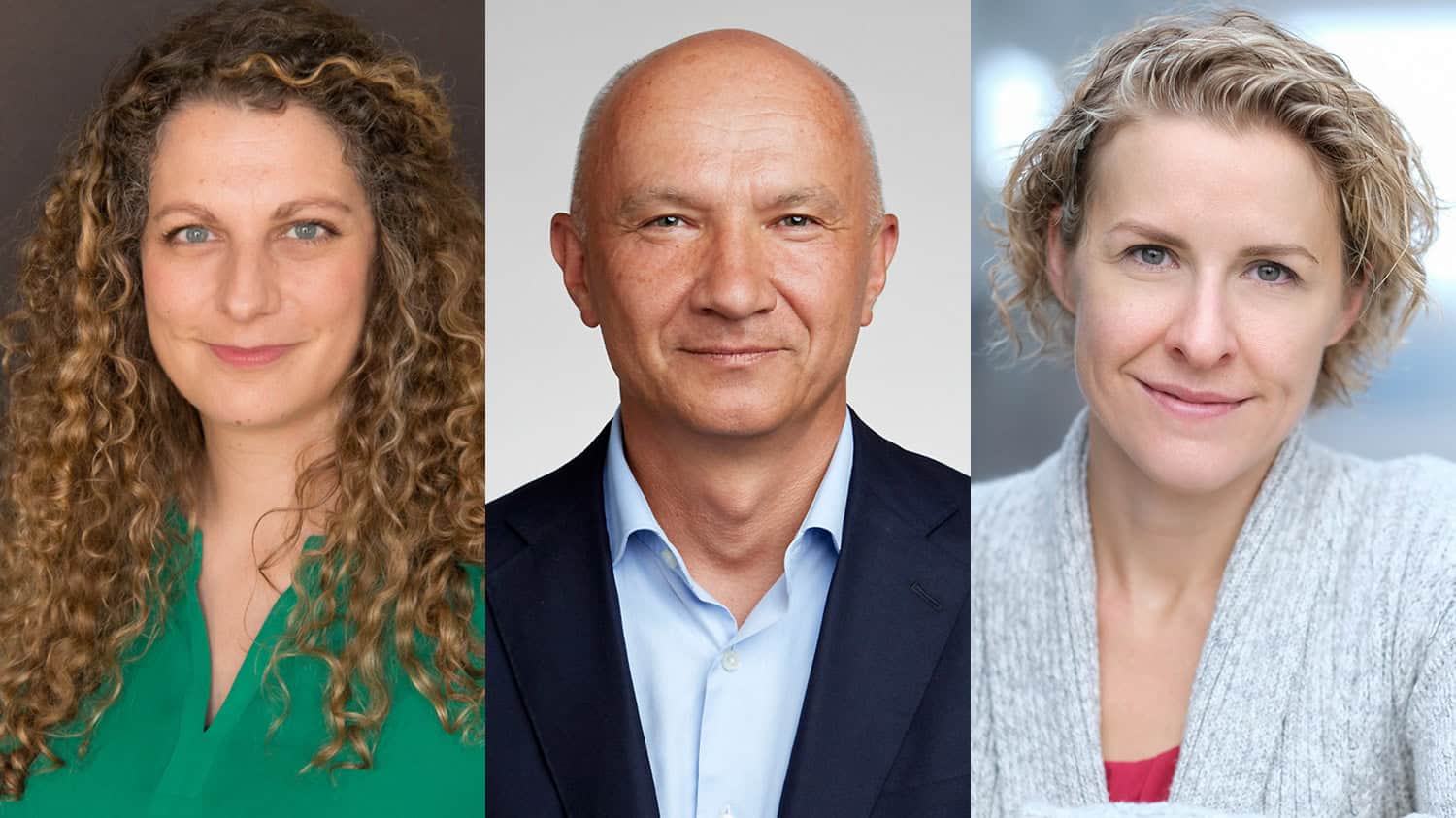
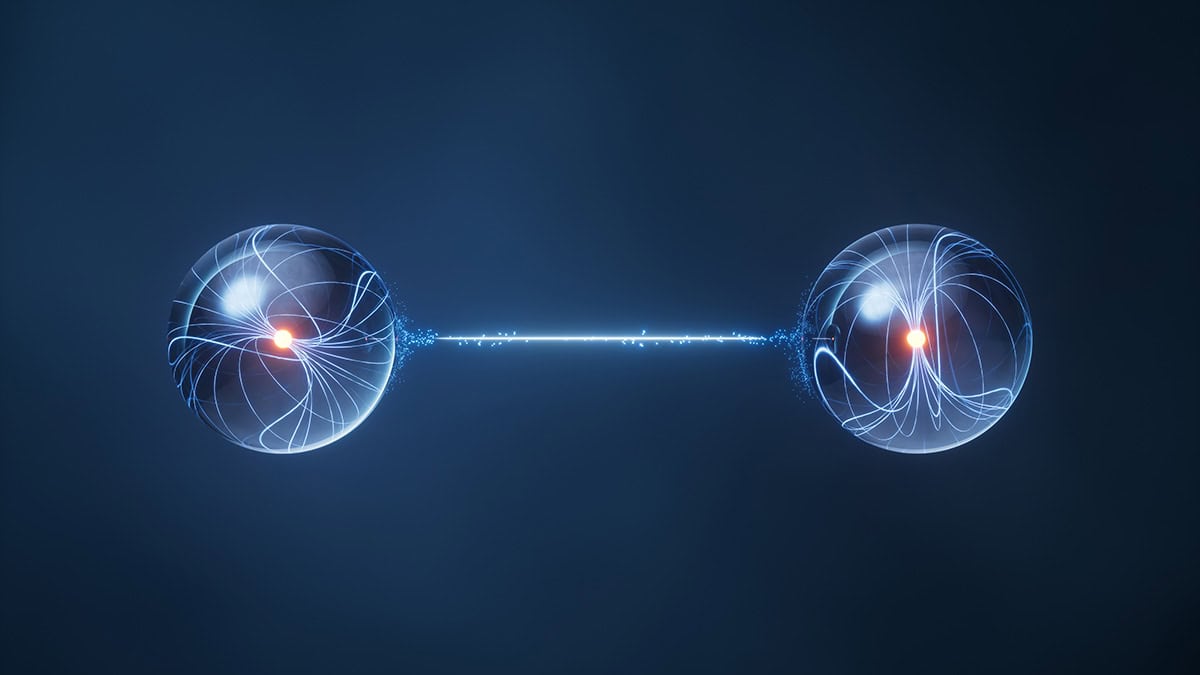


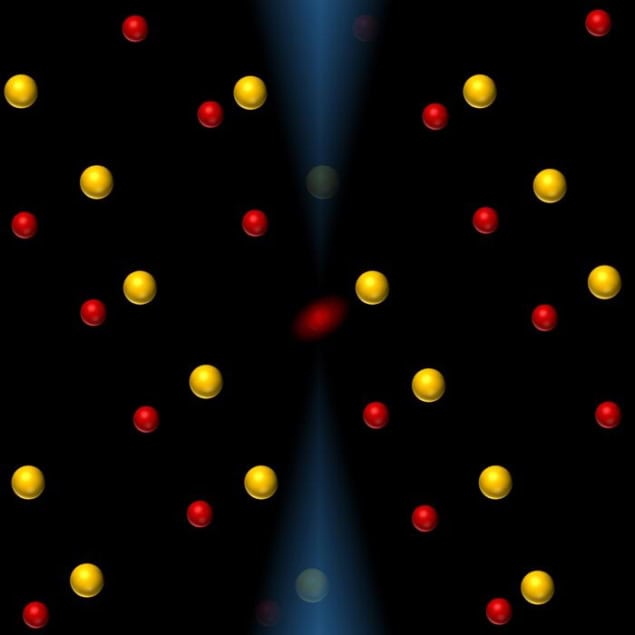

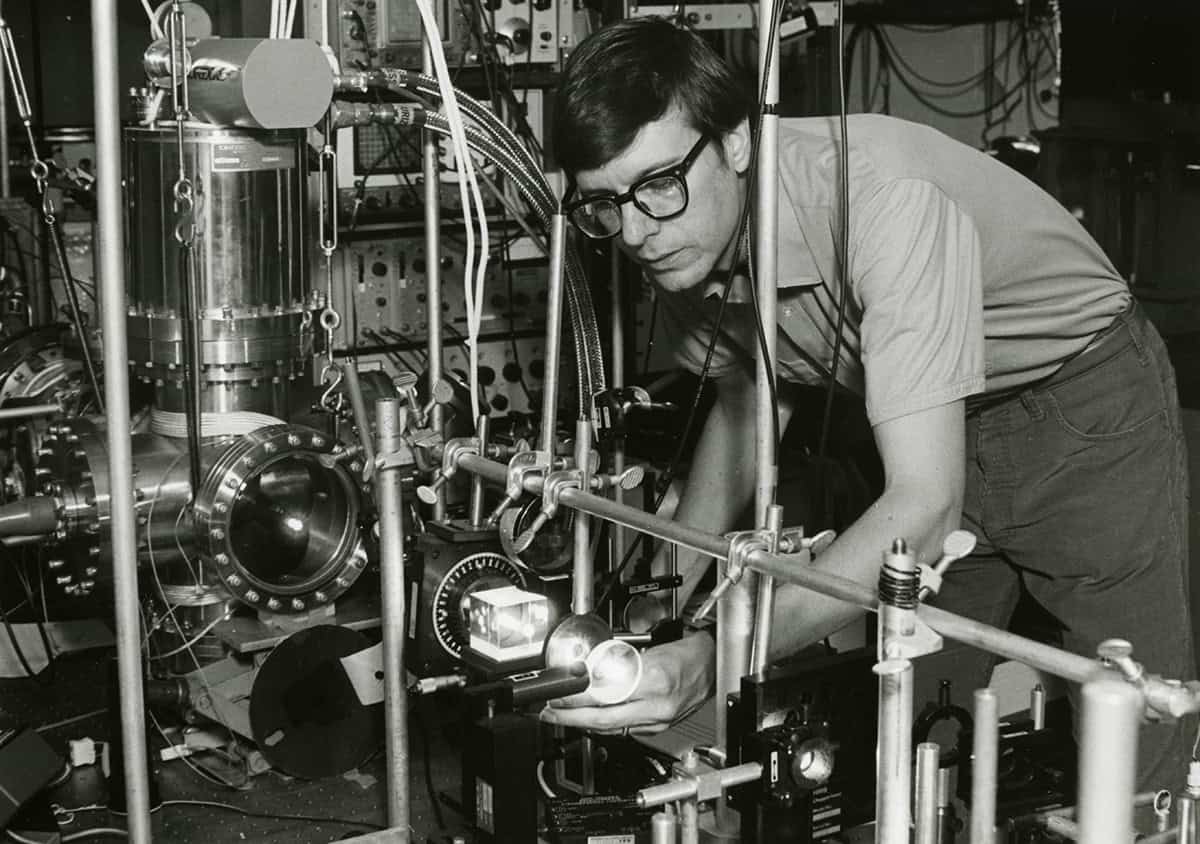
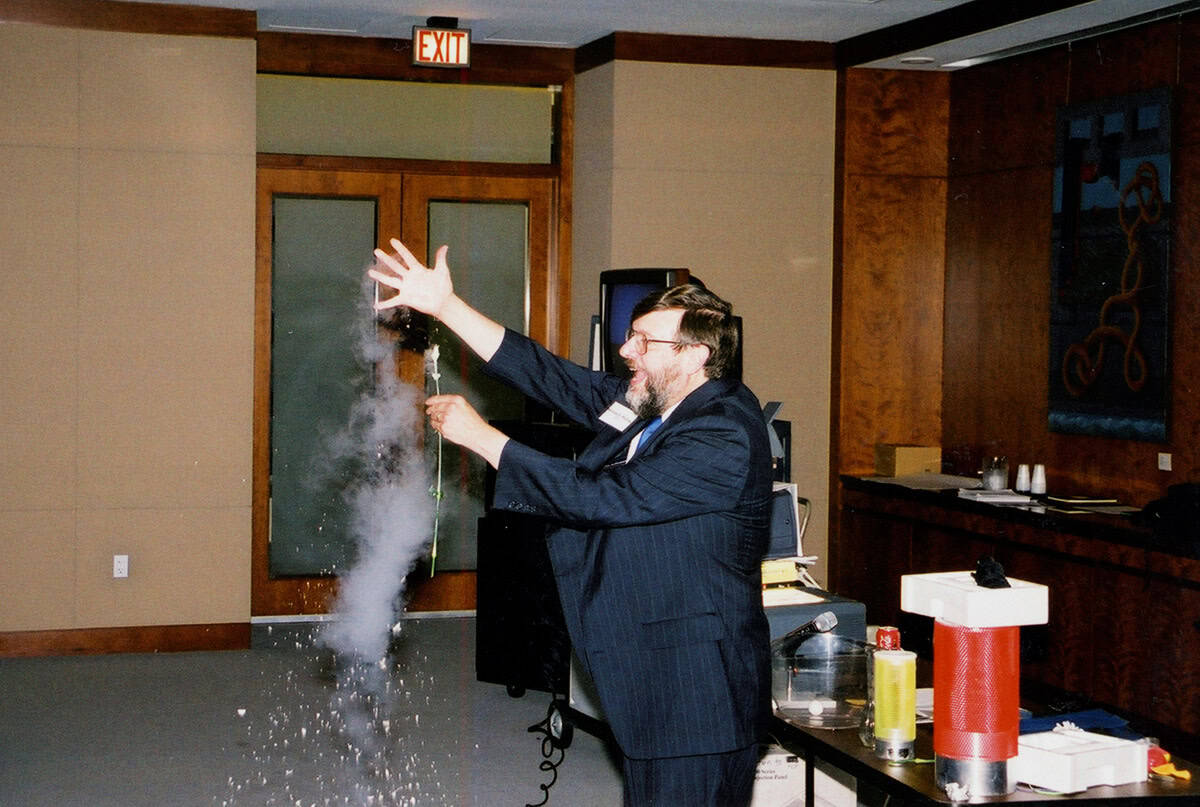
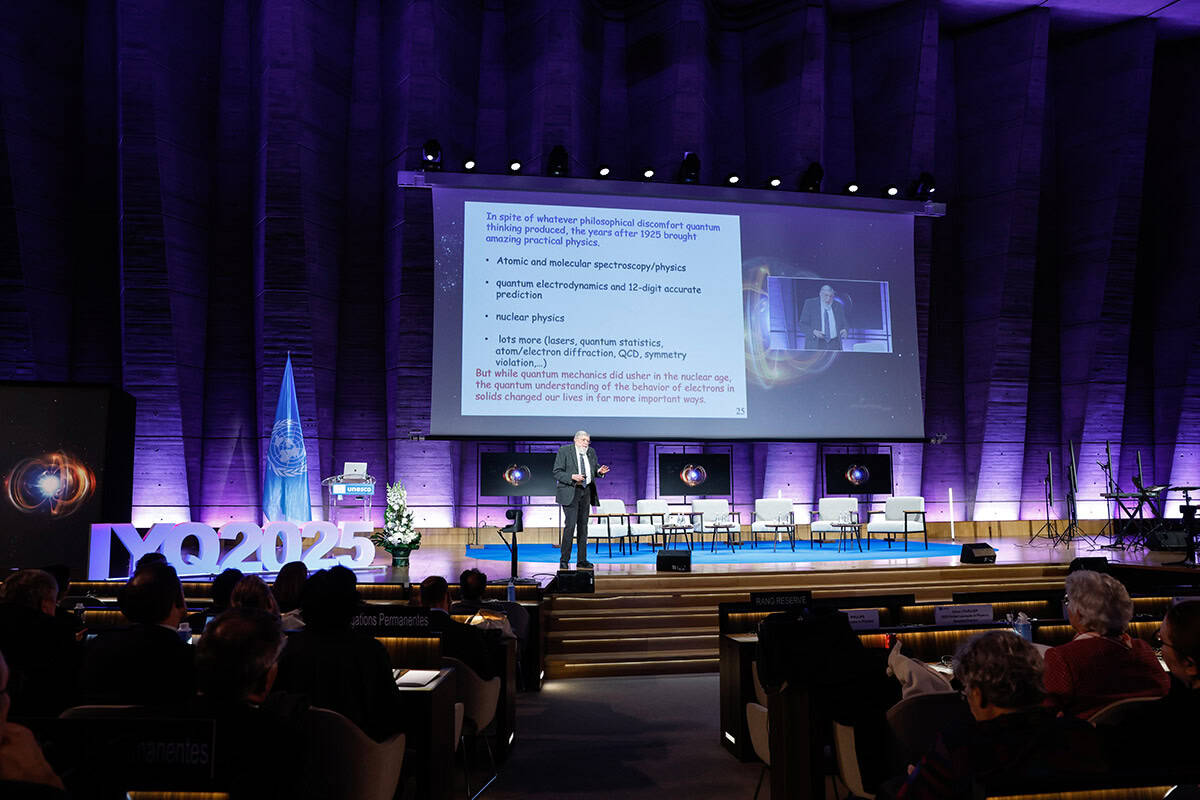
 The Kavli Prize honours scientists for basic research breakthroughs in astrophysics, nanoscience and neuroscience – transforming our understanding of the big, the small and the complex. One million dollars is awarded in each of the three fields. The Kavli Prize is a partnership among The Norwegian Academy of Science and Letters, the Norwegian Ministry of Education and Research, and The Kavli Foundation (USA).
The Kavli Prize honours scientists for basic research breakthroughs in astrophysics, nanoscience and neuroscience – transforming our understanding of the big, the small and the complex. One million dollars is awarded in each of the three fields. The Kavli Prize is a partnership among The Norwegian Academy of Science and Letters, the Norwegian Ministry of Education and Research, and The Kavli Foundation (USA).